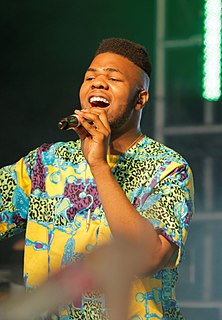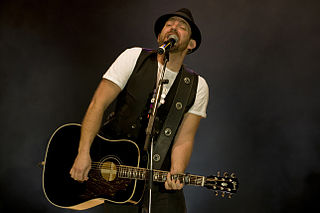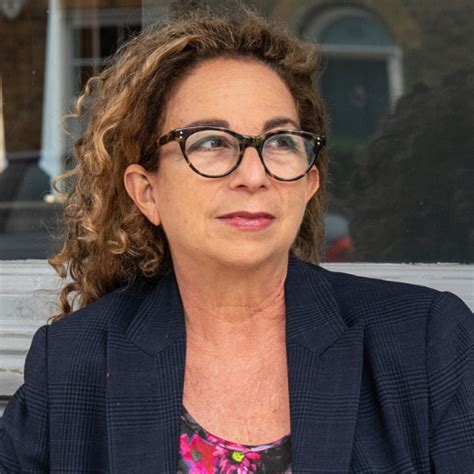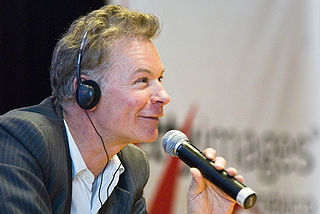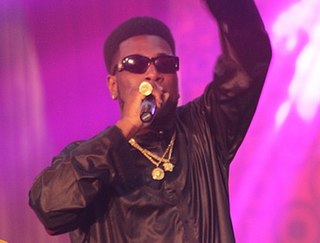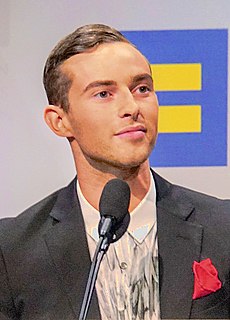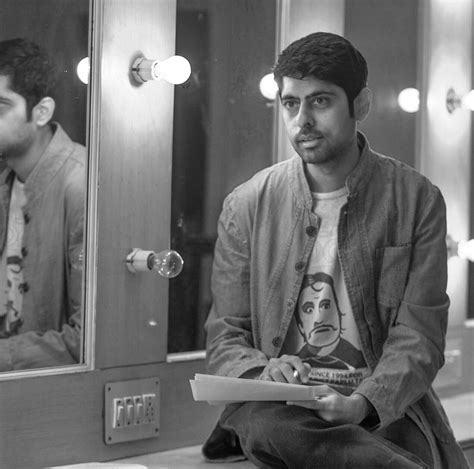A Quote by MNEK
I myself identify as British-Nigerian, and I'm also gay, and I'm also a young adult in London making music. All of things can co-exist as one.
Related Quotes
I think so much of young adult literature sort of gets ghettoized - the title 'young adult' makes people immediately discount it. And just like with books that get written for adults, there is plenty of young adult literature that is bad. But there is also plenty of young adult literature that is brilliant.
While I am most at home in London, I cannot really label myself as either British or Trinidadian. I write in the English language and live in the U.K. I find it hard to say that I am an entirely British writer, especially when I supported Trinidad in the 2006 World Cup and also support the West Indies cricket team.
Many things have changed in our culture here in England as a direct result of the Pistols: the whole street-fashion thing in London, for example, or the coverage of popular culture in the national press, or the fact that the film industry is now about young people making films about young British issues.
Basically, I thought for a very long time that making music and art projects, that that was just something that I did, and real life was separate. And I'm starting to realize that the things that I do, making music and art and photography and all that, it's not just something that I do. It's who I am. So I don't think I'll ever be able to stop. It's like that curse that you live with, this thing that you love but you also hate it at the same time. It brings you a lot of joy but also a lot of heartbreak.
First and foremost, I'm an athlete. And I'm an Olympian. I'm not a gay Olympian. I'm just an Olympian that's also gay. I don't mind reading that - like, 'gay Olympian Adam Rippon.' It's fine. I hope that, in a way, it makes it easier for other young kids who are gay. If they go to the Olympics, they can just be called Olympians.
When I first came up, the whole AIDS epidemic was starting, and the gay community that I experienced from the beginning of my career was mostly - and overwhelmingly - concerned with staying alive. And, also, I felt really aware of the preciousness of life and time. The gay community and people who were HIV-positive were treated so badly, and I was very disturbed by things. But I also saw a lot of love and connection in the gay community at that time.
